
Is patent peace possible in our lifetime?
Late this afternoon, in response to Motorola's requested, massive Apple product ban, Dan Gillmore posts to Google+: Come on, Google, don't abuse the patent system the way Apple does. Sheesh". I've seen similar sentiments expressed elsewhere. Gillmore and others are wrong. Google isn't playing Apple's game, but trying to end it. If Apple won't negotiate willingly, a show of force may be the only way to achieve patent peace.
Motorola Mobility is now a Google subsidiary, so legal demand from the one really comes from the other. From one perspective, the request is so sweeping as to dwarf any of the claims Apple makes against competitors like HTC and Samsung. Moto seeks a ban on virtually every Apple device -- iOS or OS X -- sold in the United States. It's reasonable to look at Google and to question whether the tactics are heavy-handed. They are not.
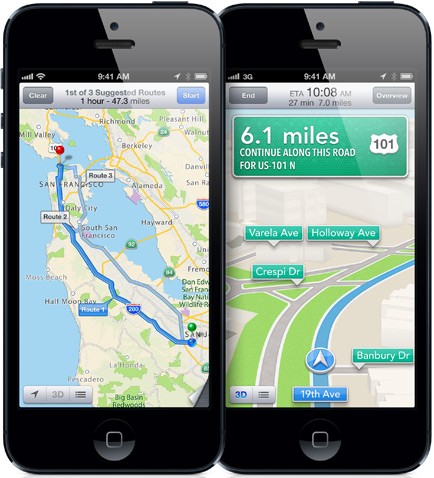
What do you think of iOS 6?
Today, two days before iPhone 5 launches, Apple releases iOS 6. We'd like to know what you think of the software, particularly compared to the previous version. Several features are sure to cause reaction, with Facebook integration and Apple's new maps app, which replaces the one from Google, being high among them.
To be honest, given my Apple boycott and iPhone-toting daughter going off to college, I have no iOS device for testing. I can't review, and my best Apple-using writers are in Europe and likely won't blast out anything until tomorrow. But we need reaction today, particularly if iOS 6 turns out to be the update some of you won't want to apply. Judging from some of the reaction on Twitter, many of you should wait -- lest Apple Maps directs you to the river bank instead of your local financial institution.
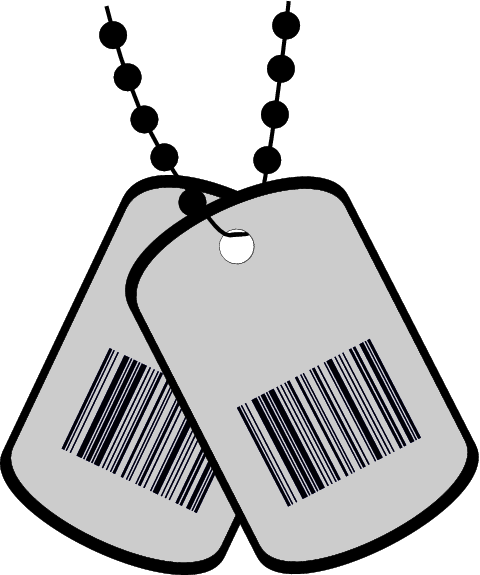
Has Microsoft lost the tablet war before it begins?
Asus' Windows 8 tablet roadmap leaked a few days ago, revealing the company's intention to launch three tablets powered by Microsoft's soon to be released Windows 8 operating system. Bloggers and journalists have used the roadmap to argue that the pricing is too high to compete effectively against Apple iPads and Android tablets. Taken aside that the pricing may not be final, it seems like they are right, if you only compare price and nothing else.
Asus' entry model, the Vivo Tab RT, for instance, lists with a starting price of $599. That's $100 more than Apple's cheapest new iPad model, and $300 more than Google's Nexus 7 tablet. But can you really make that comparison?

Friendly advice to a fellow post-PC traveller
You do even better! That's what I'd say to fellow BetaNews contributor Mihaita Bamburic if I ran into him in a hallway somewhere. As I watch with amusement, his "existential struggle" with the post-PC question, I have to chuckle a bit at his naïveté. Like most PC veterans, Mihaita tries to squeeze a square peg (tablet) into a round hole (desktop-centric thinking). He'll need to leave those preconceptions behind if he ever hopes to do more than scratch the post-PC surface.
For starters, reset your purchasing criteria. You need to forget about those expensive "clamshell" tablet/dock combos and start off with a simple, cheap Android tab. I picked up a dozen Acer Iconia A200s on eBay for use at the new school my wife and I are building. Prices ranged from $170-200 for refurbished units with 8GB or 16GB of onboard SD storage. At that price point, you can pretty much experiment to your heart's content without worrying about trashing some "transforming" device that costs more than a decent laptop.

What Office 2013 pricing means to you
Simply stated: Microsoft wants to end any pretense you own the software, while curbing software piracy in the process. Oh yeah, expect to pay more for Office than you do today. For many households or small businesses, that's lots more, particularly if they buy into the Office 365 subscription paradigm.
Office 2013 is all about subscription pricing, something Microsoft has attempted several times over the years in pilot form but never really brought to the mass market -- certainly not broadly. The company will continue selling boxed software but the big push is about subscriptions. Hell, I had to dig deep to find retail pricing. Today's pricing announcement pushed Office 365 versions instead. Right, the new subscription bundles.

Aliens zapped my toaster, or why you should care about space weather
The launch of the iPhone 5, and the fuss that’s being made over it (wow, 2 million sales in 24 hours) shows once again how far IT is embedded in every part of our lives. How lost would we be without any of the electronic kit and systems we so depend on? Even your toaster likely has a microprocessor embedded in it. And all of that makes us very vulnerable in ways that were almost totally unknown to our grandfathers. It’s not the natural world that has changed. It’s us.
You may remember that a few weeks ago there were widely publicized warnings of a solar storm which, in the end, had limited effects. And no doubt this caused many people to think that solar storms are never what you might call a real and serious problem. But consider this: 153 years ago, beginning on August 28th 1859, a super space storm occurred of such proportions as to make Hurricane Katrina look like a minor inconvenience.

Why won't Google pull that offensive YouTube video?
Let’s everybody beat up on YouTube for not pulling that offensive anti-Muslim video that is infuriating people around the world. No, wait. As disturbing as this story is let’s instead take a moment to try and figure what’s really happening and why YouTube and its parent Google are behaving this way.
It’s easy to blame Google’s algorithmic obsession for this mess, but I don’t think that’s at work here at all. Yes, Google is very good (which means very bad in this case) at blaming one algorithm or another for pissing-off users. Google customer support is, in a word, terrible for this very reason, and it often seems like they don’t even care. But this case is different, because it has less to do with algorithms than it has to do with intellectual property laws.

Windows 8 is a graphic shift in computing habits
Last in a series. If you read tech blogs as much as I do I am sure you have seen a number of articles criticizing Windows 8. Among these are articles that focus on the overall design of the Modern UI and its numerous inconsistencies. I saw a forum post on one website claiming that visual designers hate Windows 8?
The reason, hold on to your seat because this one is a doozy: the Modern UI design language has done away with drop shadows and realistic looking icons; in other words, the interface looks nothing like the skeuomorphic interfaces of Apple and to some degree, Google.

Apple is the new leader in technical stagnation
The golden years of Apple's outright dominance in technical innovation is fading, and quickly at that. The iPhone 5 just launched with a deservedly ho-hum and lackluster reception, with many people asking the obvious question: that's it? For a company riding the high waves of Wall Street for more than a few years now, with earnings going through the roof quarter upon quarter, is this the best that a larger-than-life tech giant can bring us?
Maybe the naysayers are right in that Apple is the leftover shell of a monolith once passed (post-Jobs.) Perhaps that internal drive to bring out the best in technology they release is starting to fizzle. I'd go as far as to argue that Apple never really has been as continually innovative as many people may believe. While Apple does have an easy ability in commanding the lead for sectors it enters, this doesn't necessarily mean the company if filled with technical Einsteins as so many supporters clamor to believe.

You're living in post-PC denial
Talk about your bitter clingers! Here I am, minding my own business, just writing about my experiences using an Android tablet, when out of the woodwork comes this wave of angry post-PC deniers. I mean, the level of rage on display is unreal. You'd think I walked into a Steve Jobs memorial service wearing an "I love Android" t-shirt or something!
For those of you who missed my earlier post, I noted how pleased I was with the outcome of my own post-PC experiment. I wrote how, with the right supporting peripherals, I could be perfectly productive on even a cheap Android tablet -- like my trusty Acer Iconia Tab 200. In fact, I was so impressed with the results that I declared being done with laptops forever. I would literally never buy another traditional laptop PC.
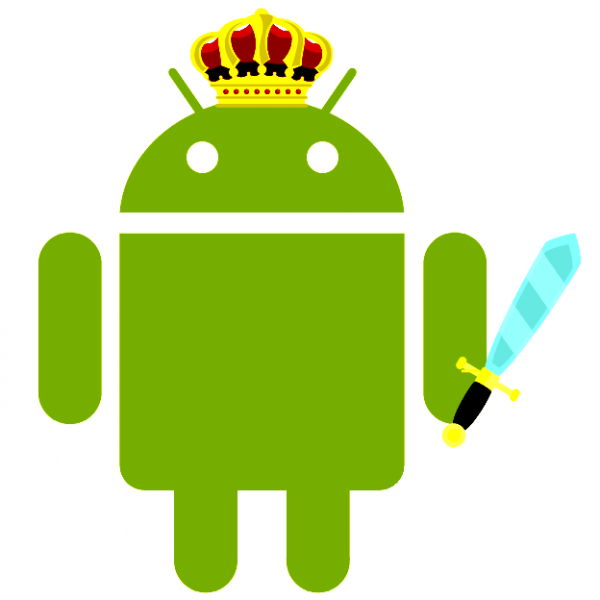
Android wins the smartphone wars
In October 2009, I explained why "Apple cannot win the smartphone wars". That was just a year after Google launched the first Android handset, the G1, on T-Mobile and days after Verizon debuted the hugely-successful Motorola Droid. By end of that year, Android had paltry 3.9 percent smartphone sales share, according to Gartner. My prediction drew loads of criticism from the Apple Fan Club of bloggers, journalists and other writers.
Fast-forward to second quarter 2012 and Android's global sales share is 64.1 percent for all phones, not just smart ones. iOS: 18.8 percent. My how times change. Increasingly, Android and iOS look exactly like Windows and Mac OS in the 1980s and 1990s, as I predicted would be the case.
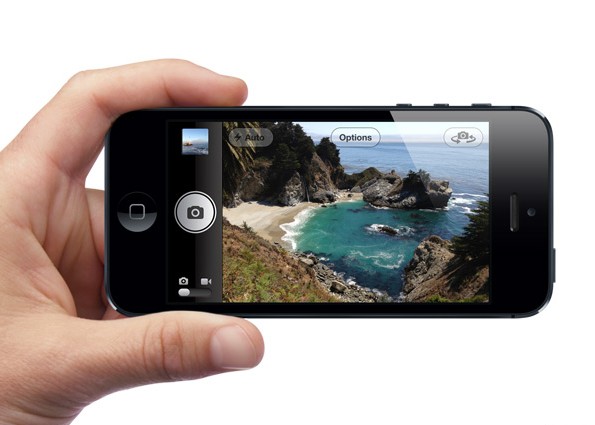
Five great things about iPhone 5
Let’s be honest, iPhone 5 is evolutionary, not revolutionary. It’s a clear improvement over the previous model but isn’t a huge leap forward, and in some places it’s just playing catch-up with rival devices.
While my colleague Mihaita Bamburic points out the downsides of the new handset, I’d highlight areas where it shines.

Five reasons iPhone 5 disappoints
A new iPhone is Apple's chance to drive competitors nuts, to take technological innovation to new heights and to leave the stage with a justified smug look, but as the dust settles from yesterday's launch event the new handset feels dated already. The Cupertino, Calif.-based corporation should smash the competition to bits but that hasn't happened, has it?
iPhone 5 is not the revolutionary product that could set the world on fire and just like my colleage Wayne Williams I wonder "Hey, Apple, where’s the innovation?" There is a saying that's perfect for landmark product releases: "Go big or go home" and Apple should have followed the former not the latter for what will most likely be flagship device over the next year. It's not enough to sway the current cutting-edge Android smartphones to the curb, so how can it when there will be fierce competition from Windows Phone 8 devices like the Nokia Lumia 920 or Samsung ATIV S?
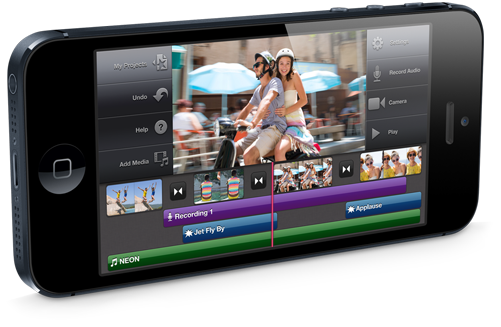
Will you buy iPhone 5?
Thanks to Tim Conneally's quips, I feel obliged to write this story today. But he knew I would ask: Will you buy iPhone 5? As usual, I've got a buying poll for you and opportunity to explain in comments why iPhone 5 is or is not just right for you or any member of the family (including cute Cubby kitty). As always, fanboys beating one another senseless isn't discouraged. There's nothing quite like Android-iPhone cat fights. So rake the claws, commenters.
If your immediate answer to the question is "Yes!", slow down, put your brain in low gear and think for a moment. You must understand the implications of that decision, particularly if you bought doodads for earlier models.
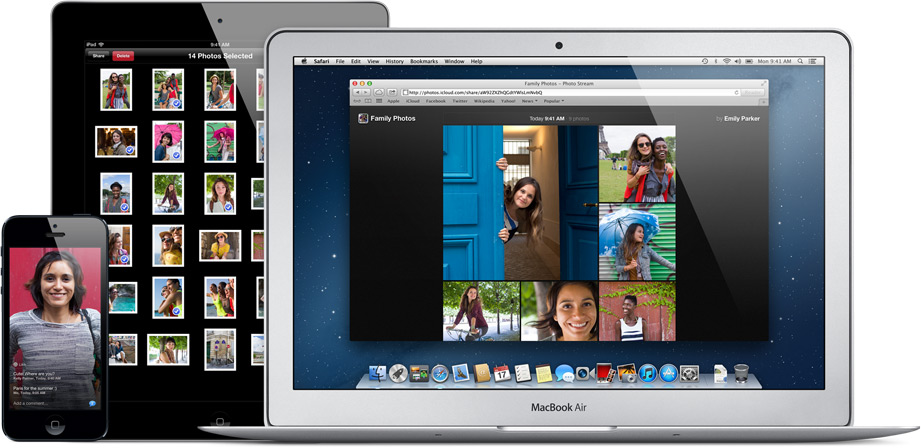
Hey, Apple, where’s the innovation?
So the iPhone 5 has been unveiled and, well, it’s just a bigger version of the iPhone 4S. No great surprise there, as all the rumors and leaks predicted that would be the case. There are some other changes to the device of course; it’s faster, lighter, prettier and has a better camera and a new dock connector, but really it’s just Apple’s phone with a bigger screen, improved OS, and less Google.
If the reports are to be believed, and they are, in October Apple will introduce another new product -- a smaller iPad.
